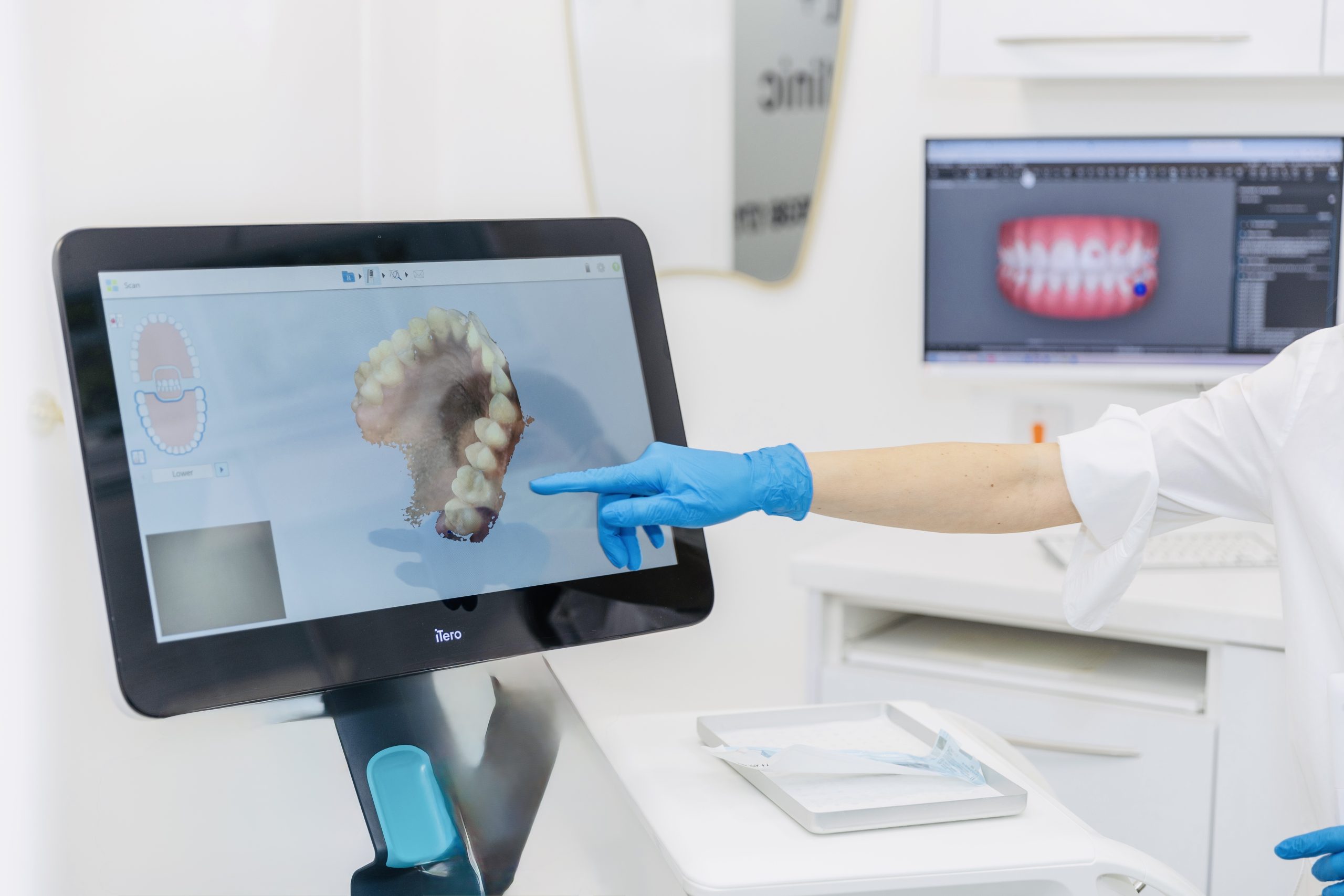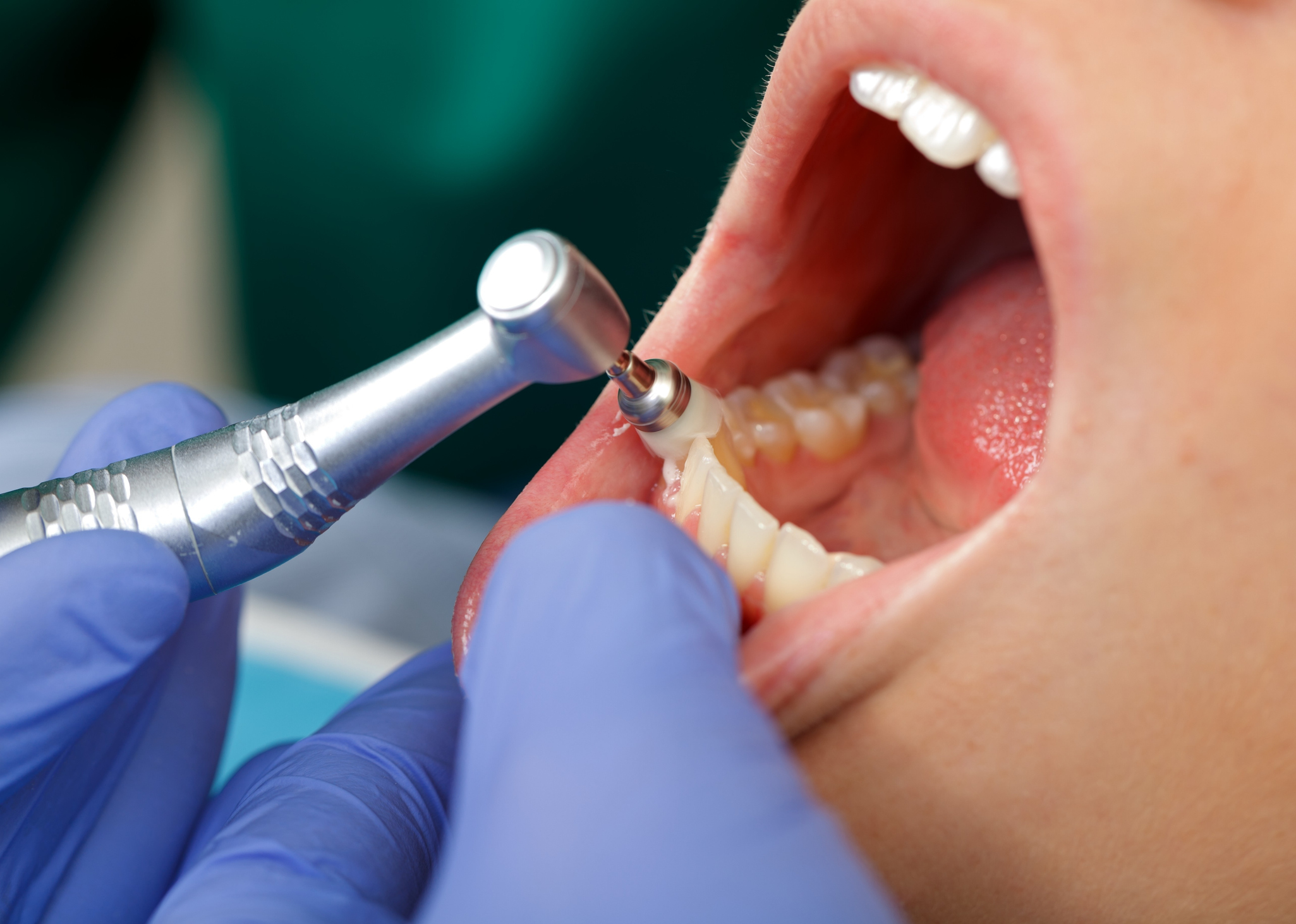Why visit us for dental hygiene?
- Highly experienced and skilled hygienists
- Prevent gum disease and dental decay
- Give your healthy smile the best chance
- Supportive and gentle hygiene care
Benefits of hygiene treatment
Prevent gum disease
Reduce your risk of developing gum disease and decay with professional hygiene cleans, keeping your teeth and gums problem-free.
Enhance appearance
Removing plaque and tartar from your teeth can remove some surface stains, leaving you with a brighter, healthier-looking smile.
Freshen breath
Regular hygiene appointments can make bad breath a thing of the past, with harmful bacteria removed.
Improve confidence
Good oral health can significantly boost your self-esteem, giving you a beautifully healthy and confident smile.
Spread the cost of your treatment
Are you considering treatment at Implant & Perio Clinic but are unsure of the best way to pay? We are here to help! We’re pleased to offer a range of flexible payment options, giving you the opportunity to spread the total cost of your treatment into more affordable monthly payments, subject to status. Achieve the healthy smile you deserve with payment to suit your budget – please get in touch to find out more.
Why is dental hygiene treatment important?
Your gums are a vital part of your overall oral health, so they need to be looked after. A good oral hygiene routine at home goes a long way to keep your teeth and gums healthy, but a professional clean ensures any harmful build up of plaque and tartar is removed successfully. We are experts in gum care, able to protect your smile from gum disease and keep your oral health in great condition.
Hygiene appointments are the best way to ensure your teeth and gums stay healthy for the long term. Gum disease often goes unnoticed due to the subtle symptoms. A regular appointment with one of our expert hygienists ensures we can spot the signs of gum disease early, and treat it before it can get worse.
What does a hygiene appointment involve?

Assessment
At the start of your hygiene appointment, we make sure you are feeling comfortable and relaxed in the chair. We ask you about your brushing and flossing routine at home, and if anything is concerning you about your oral health. We also let you know what to expect from the appointment.

Removing plaque
The majority of your hygiene appointment is taken up with the removal of stubborn plaque and tartar from your teeth. We use a variety of special instruments to ensure all areas of your mouth are reached and cleaned successfully.

Professional polish
When the plaque and tartar has been removed, we professionally polish your teeth. This leaves them looking and feeling smoother, cleaner and brighter, giving you a healthy smile you can be proud of.

Aftercare advice
We give you some personalised advice on how to look after your teeth and gums at home. This includes how to use interdental brushes, which toothbrush would be best for you and any other appropriate tips.
Frequently Asked Questions
Gum disease occurs when plaque builds up around the teeth and gum line, causing inflammation of the gum tissues. Irritated gums often bleed during brushing, making them susceptible to bacteria. Swollen, red gums are often an early sign of gingivitis, the initial stage of gum disease. Other symptoms include tooth sensitivity and bad breath. If left untreated, gingivitis can progress to periodontitis, a more severe form of gum disease. While periodontitis is not reversible, it can be managed with effective treatment.
Gum disease starts with gingivitis, which can be reversed with appropriate treatment. If this is left without treatment, gingivitis can lead to the later stage, periodontitis. This can cause the gums to separate from the teeth, creating pockets that are susceptible to infection. Over time, the gums continue to recede, and could lead to wobbly teeth or even tooth loss.
Most people are advised to visit the hygienist every 6-12 months, in line with their regular dental check ups. You can also book a direct appointment with one of our hygienists if you prefer. At the end of your appointment, we may recommend the best time to book your next visit.
You may experience some discomfort during your dental hygiene treatment, but it does not last long. We make sure you are feeling relaxed and comfortable before beginning and give you an idea of what to expect when we are removing plaque from your teeth.
Yes, gum disease has been linked to several systemic health conditions, including heart disease, diabetes, and stroke. Maintaining good oral health is essential for overall well-being.